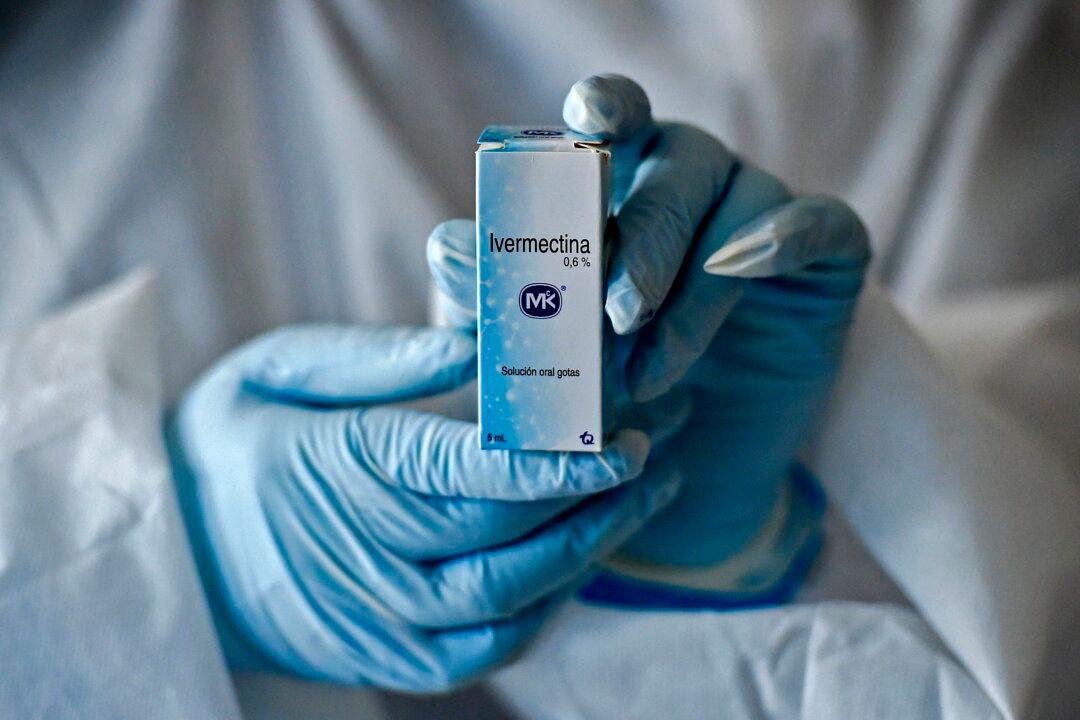Ivermectin has been hailed as a “wonder drug” and, according to the UNESCO World Science Report, a critical component of “one of the most triumphant public health campaigns ever waged in the developing world.”
However, since the onset of the COVID-19 pandemic, the National Institutes of Health (NIH) and affiliated health authorities have vociferously recommended against ivermectin as a potential treatment for the virus.






